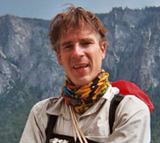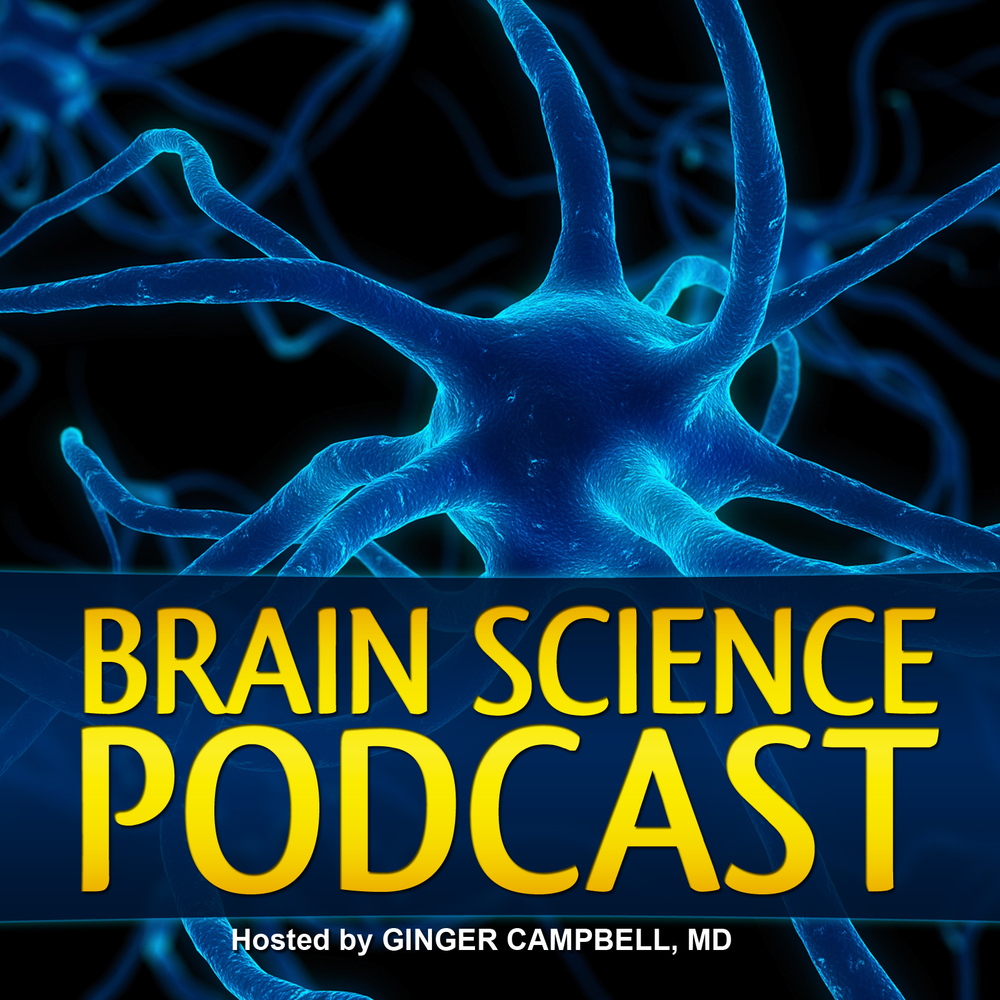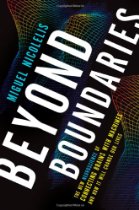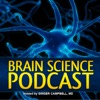 Christof Koch, PhDThe scientific study of consciousness was once viewed with skepticism, but this has changed dramatically in recent years. According to pioneering neuroscientist Christof Koch, "the great thing is we’re not condemned to just sort of philosophical speculation, but we can make some predictions, and then go out and measure them. And those are the things I talk about in this book, Confessions of a Romantic Reductionist." In Brain Science Podcast #84 Koch reflects on the progress that has been made since I interviewed him back in 2007 (BSP 22), and he also talks about the latest initiatives at the Allen Institute for Brain Research, where he as recently become the chief science officer.
Christof Koch, PhDThe scientific study of consciousness was once viewed with skepticism, but this has changed dramatically in recent years. According to pioneering neuroscientist Christof Koch, "the great thing is we’re not condemned to just sort of philosophical speculation, but we can make some predictions, and then go out and measure them. And those are the things I talk about in this book, Confessions of a Romantic Reductionist." In Brain Science Podcast #84 Koch reflects on the progress that has been made since I interviewed him back in 2007 (BSP 22), and he also talks about the latest initiatives at the Allen Institute for Brain Research, where he as recently become the chief science officer.
Listen to Episode 84
Episode Transcript (Free PDF)
Subscribe to the Brain Science Podcast: 



















 Art Glenberg, PhD
Art Glenberg, PhD








